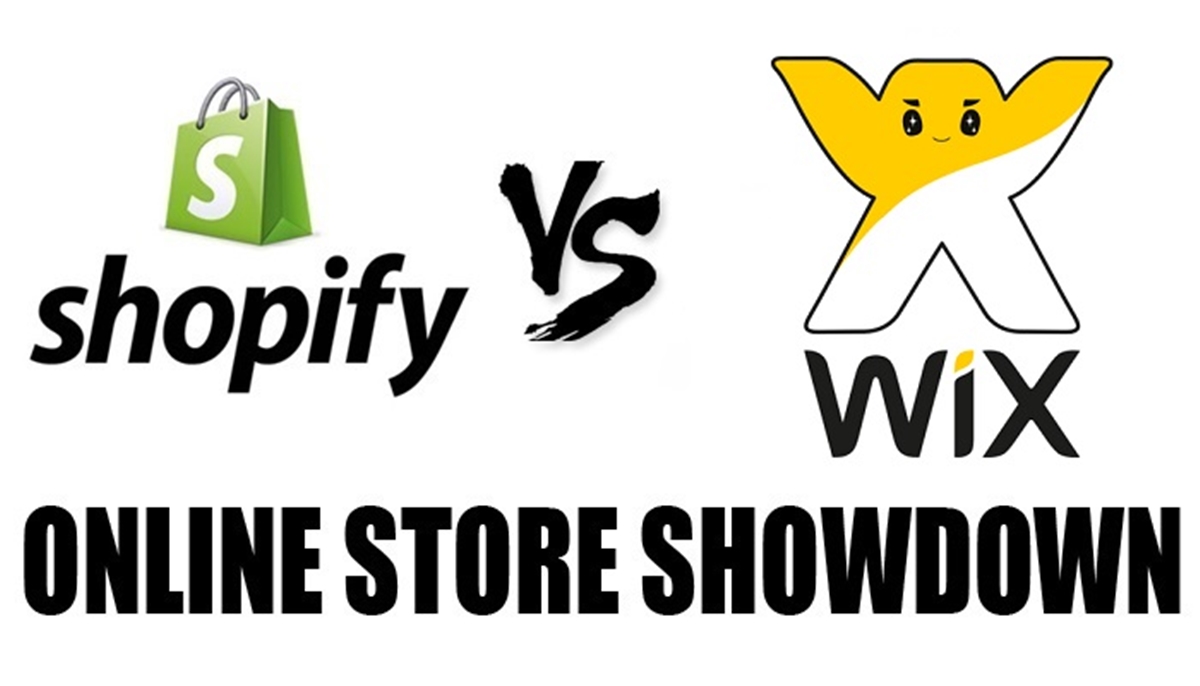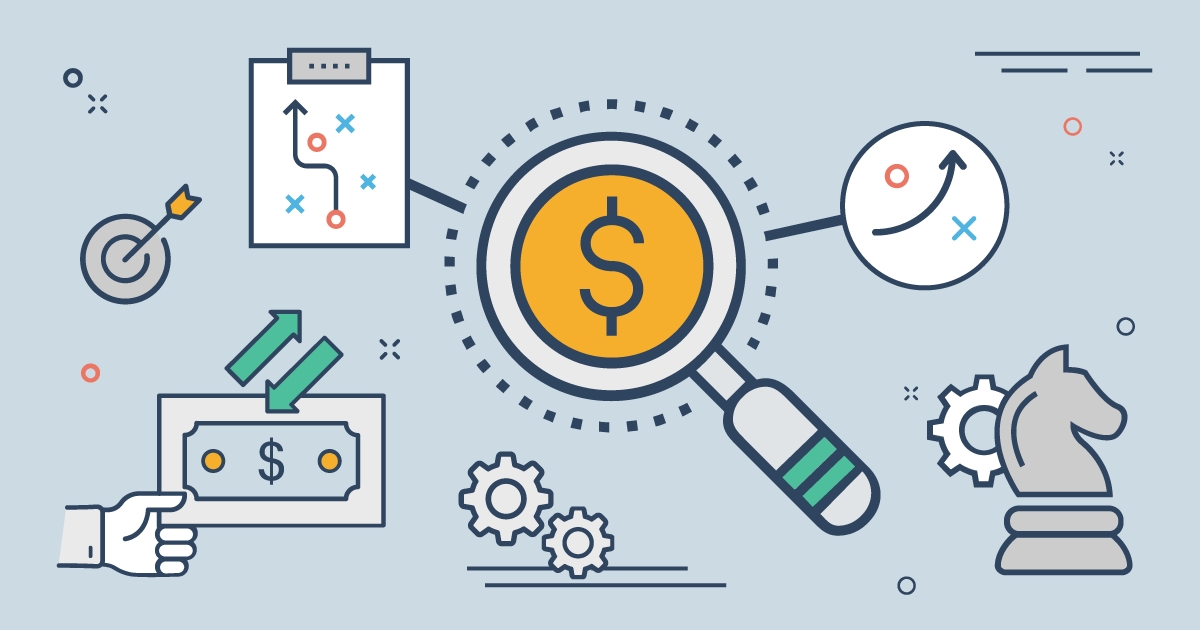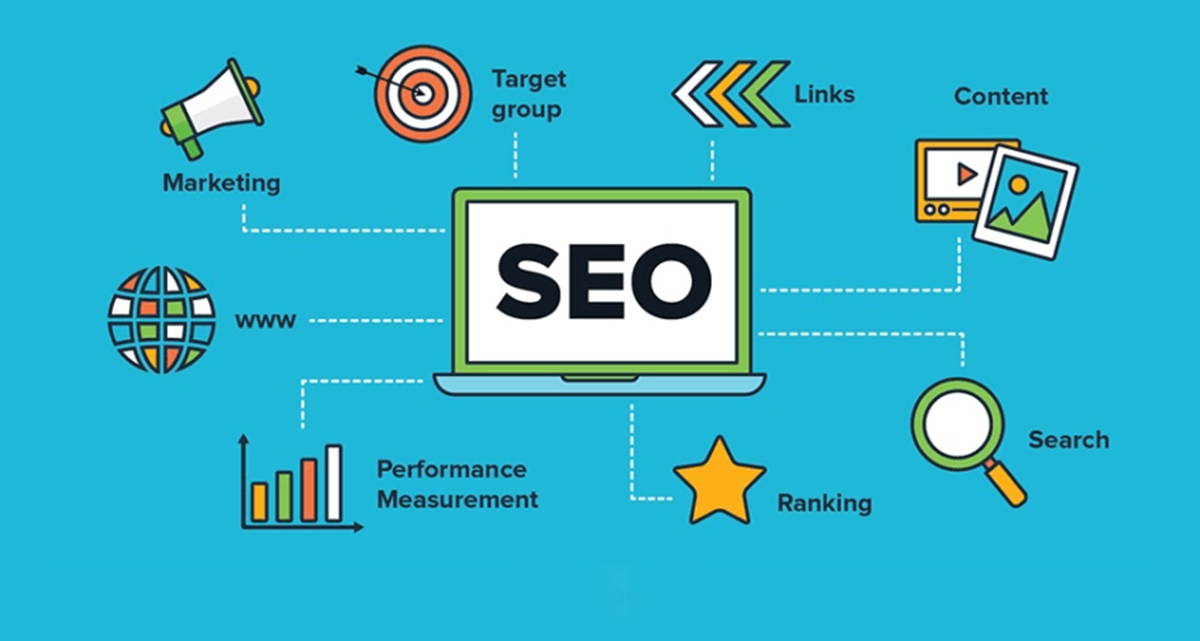If you're reading this article, you're probably trying to figure out what makes Wix and Shopify different from each other. If that's the case, you're in the right place. In this comparison of Wix vs. Shopify, I'll show you both platforms and help you decide which one is best for building your online store.
This article will give you a full list of the pros and cons of each solution, as well as information about which platform has better features and why you should choose one over the other. If you think I missed something important, please let me know in the comments section at the end of this article.
At first glance, Wix and Shopify look like products that are the same. They are both ways to make a website for people who don't know how to code. But each of them has their own strengths and weaknesses, and some are better than others in some ways.
So, let's get into the details to see how these two platforms are different. By the end of this article, you'll be able to say which platform is best for you.
I'm guessing you already know about Shopify because it's too well-known not to, but some of you might not know about Wix. So, let's quickly take a look at what this platform is.
Wix vs. Shopify: Which one is better?

Wix vs. Shopify: Pricing Comparison

Wix pricing plans
The Website Category:
- - The Combo plan: $13/month
- - The Unlimited plan: $17/month
- - The Pro plan: $22/month
- - The VIP plan: $39/month
The Business and eCommerce category:
- - The Business Basic Plan: $23 per month
- - The Business Unlimited Plan: $27/month
- - The Business VIP Plan: $49/month
- - The Enterprise Plan: $500/month
The main points to pay attention to regarding the the Wix premium plans are:
- - Storage — The Wix pricing plans don't offer the same amount of storage, but this varies according to plans, the more expensive plans are offering more storage.
- - Bandwidth — bandwidth is limited to 3GB on the Combo plan at $13 while it’s unlimited on of all the other plans
- - Support — premium support is only available to the VIP or Enterprise plans.
I think that Website Pro and Business Basic are the best Wix plans because they offer a good amount of features for the price. Both plans have all the features you need for a brochure site (Website Pro) or an online store (Business Basic).
The Wix VIP plan doesn't seem to be worth the extra money because it doesn't offer any extra features besides better and faster customer service. So, you should start with a cheaper plan until you're sure you'll need higher-quality support often.
It's clear that the Wix Enterprise plan is made for business users. The main difference between Wix Enterprise and VIP is that Enterprise gives you a lot more help and access to consultants. So, you won't need to think about this plan unless you need that premium access.
Shopify pricing plans:
- Shopify does have a pricing plan that is much easier to understand than Wix. There are five price levels for Shopify that you should think about:
- The Basic Shopify plan: $29/month
- The Shopify plan: $79/month
- The Advanced Shopify plan: $299/month
- The Shopify Plus plan: fees are negotiable; usually fall into the neighborhood of $2,000 per month
Shopify does not have a free plan like Wix does, but it does offer a 14-day free trial.
The Shopify plan that costs the least is the Lite plan. Keep in mind that this plan doesn't actually let you build an online store that stands on its own. Instead, it gives you three things to do:
- - Sell via your Facebook page
- - Use Shopify at a physical location to sell goods and manage inventory
- - Use Shopify's Buy Button that enables you to sell products on an existing website (e.g., a Wordpress blog)
The key points to pay attention to regarding Shopify pricing plans are:
- - Gift cards: only available on the Shopify and higher plans.
- - Professional reporting: again, only available on the Shopify and higher plans.
- - Advanced reporting: No access unless you’re on the ‘Advanced Shopify’ plan or higher.
- - Shipping rate calculations. You can only access this function on the ‘Advanced Shopify’ plan or higher.
- - Point-of-sale functionality. You can already have access to this function with the Basic plan. However, the fully-fledged version of Shopify POS is only available on the ‘Shopify’ or higher plans.)
Free plans and trials
First, they should pay attention to the fact that Wix has a completely free plan while Shopify only has a 14-day free trial. This is one of the most important price differences between Wix and Shopify.
Even though the Wix free plan has a lot of limitations and can't really be used to sell anything, it's a great way to try out the platform without having to sign up for a new account every 14 days like you have to do with Shopify.
Transaction fees and credit card rates
Both platforms charge monthly fees, and there are also transaction fees and credit card fees to consider. Your online store provider (Wix or Shopify in this case) will charge you transaction fees, and your payment gateway provider will charge you credit card fees (a payment gateway is a software service used to process credit card payments, such as Paypal or Stripe.)
On any of Wix's eCommerce plans, you won't have to pay any transaction fees. The same is true for Shopify, but only if you use the payment system that comes with it (Shopify Payments). Not all countries can use this payment gateway). If you use a third-party payment processor on Shopify, you will have to pay transaction fees. These fees depend on the plan you choose.
Winner:
So, here's what you need to know about Wix and Shopify pricing plans: if you want to build a general website that shows off content instead of products, Wix is a better deal because it only costs $13 a month to get a good site up and running. To get the same thing on Shopify for the same purpose, you will have to spend about twice as much.
If you want to build an eCommerce site, it's cheaper to do so on Wix because you can have a fully functional online store for $23 a month, which is $6 less than the equivalent on Shopify, or $72 a year. Also, using Wix is cheaper because it doesn't charge transaction fees, even if you use a third-party payment processor.
But that's just how much it costs. If you care a lot about price, Wix should be the best choice right now. But if you care about things like out-of-the-box features and not just pricing, you might want to stay here longer and keep reading to find out how Shopify is valuable in other ways.
Wix vs. Shopify: Blogging

You can add a blog to your website with both Shopify and Wix. This is a must-have feature for anyone who wants to grow their business online. Quality blogging is one of the best ways to make your website more visible in the search engine results pages (SERPs) and get people to visit your site.
Both Wix and Shopify have blogging features that are about the same quality. You can make posts easily and put them in any category you want. On top of that, both Shopify blogs and Wix blogs have RSS feeds. This feature makes it easy for other people to sign up for your blog or put content from your blog on their own sites.
Still, Wix has a slight edge over Shopify when it comes to blogging because you can easily add strips of your most recent posts to other pages. Shopify does let you put your blog content in other parts of your site, but it's not as easy and straightforward as it could be, and you have to pay for a third-party app to do it because it's not a built-in feature.
Wix vs. Shopify: SEO

One of the main things eCommerce users want to know about a platform is how well its SEO works. In this way, Wix and Shopify are the same as everyone else. So, how do these two do when it comes to SEO?
SEO basics like page titles, meta descriptions, and headers are available on both Wix and Shopify. Shopify is better than Wix on a deeper level, especially when it comes to mobile search.
First of all, as was already said, Shopify's web pages work perfectly on mobile devices while Wix's don't. Since Google's algorithm favors responsive websites, this gives Shopify an advantage right away.
Second, Accelerated Mobile Pages (AMP) can be used on Shopify pages but not on Wix ones. The Accelerated Mobile Pages (AMP) is a project backed by Google that aims to speed up the delivery of content to mobile devices by using code called AMP HTML. Websites that use AMP can do better in search results because they load faster. This is not a feature that comes with Shopify. To use it, you'll need to buy an app, but the point is that it's available.
Third, whenever you change a page or product URL in Shopify, a 301 redirect is made for you automatically (a 301 redirect informs search engines that a page has changed to a new location). This is an important feature because if you don't have a feature that automatically updates your URL for you and you forget to make one, it can cost you a lot of money in search ads. Wix doesn't have this feature, so you'll have to remember to set up this redirect on your own.
But in one area of SEO, Wix does a better job than Shopify. With Wix, you can make URLs that are "cleaner." Let me explain. In Shopify, products and pages always have a prefix, like /products/ and /pages/. This isn't great for SEO and ad rankings, since Google likes URLs that are simple and short. Wix doesn't have these prefixes.
Wix also has a feature called SEO Wiz that SEO beginners might find useful. This is an AI-powered tool that asks you a number of questions about your site and then gives you a checklist of SEO tips to follow. Keep in mind that this tool isn't a replacement for working with a professional SEO consultant, but it's a great place to start learning about SEO's basic rules.
To wrap up this SEO section, I'd say that a Shopify or Wix site can rank well in search results as long as the content and link building strategies are done well enough. But if everything was the same, I'd say that a Shopify site would do better in search results than a Wix one. This is because Google now ranks websites based on how well they work on mobile, and Shopify's themes (which have both fully-responsive design and AMP) work much better on mobile.
Why should you use Wix Instead of Shopify?
- Wix offers a free plan without a time limit.
- Wix is a better solution for creating a general-purpose website. It’s easier to add features such as galleries, forms and events to a Wix site than to a Shopify one.
- Pricewise, it’s relatively cheaper to use than Shopify.
- You don’t have to bear transaction fees with Wix even if you use a third-party payment processor.
- Wix’s drag-and-drop interface gives you flexibility to create page layouts based on your preferences.
- You can feature blog content on static web pages more easily in Wix.
- Wix allows you to send more automated abandoned cart reminders.
- You can create ‘cleaner’ URLs in Wix, which is an advantage when it comes to SEO.
Why should you use Shopify Instead of Wix?
- The Shopify ‘Buy Button’ enables you to sell on an existing website or Facebook at $9/month.
- Shopify themes are fully responsive to mobile devices while Wix’s templates aren’t.
- You can switch templates without any difficulty with Shopify while with Wix you will have to rebuild your website if you want to change to a new template.
- Exporting content is easier in Shopify.
- Shopify’s interface is much easier to use than Wix’s.
- Shopify has a wider range of payment processors.
- Shopify is better for POS applications. Unlike Wix, Shopify allows you to use their POS system outside of the US, and their POS application is more tightly integrated with the Shopify platform in general.
- Shopify supports dropshipping while Wix doesn’t.
- Shopify automatically calculates and applies VAT MOSS rates; this is a huge time saver for merchants selling digital goods in the EU.
- Shopify’s app store is much bigger than Wix’s.
- Shopify is, overall, better than Wix when it comes to selling products online.
Final Words
All done! I hope that this breakdown of both platforms, Wix vs. Shopify, has given you a better idea of how each one works in many different ways. Now it's up to you to decide which one is best for you. Choose a platform not because someone says it's better than others, but because it works better for you.
Please leave a comment below if I forgot to mention something important about these two platforms.
Comments
Post a Comment